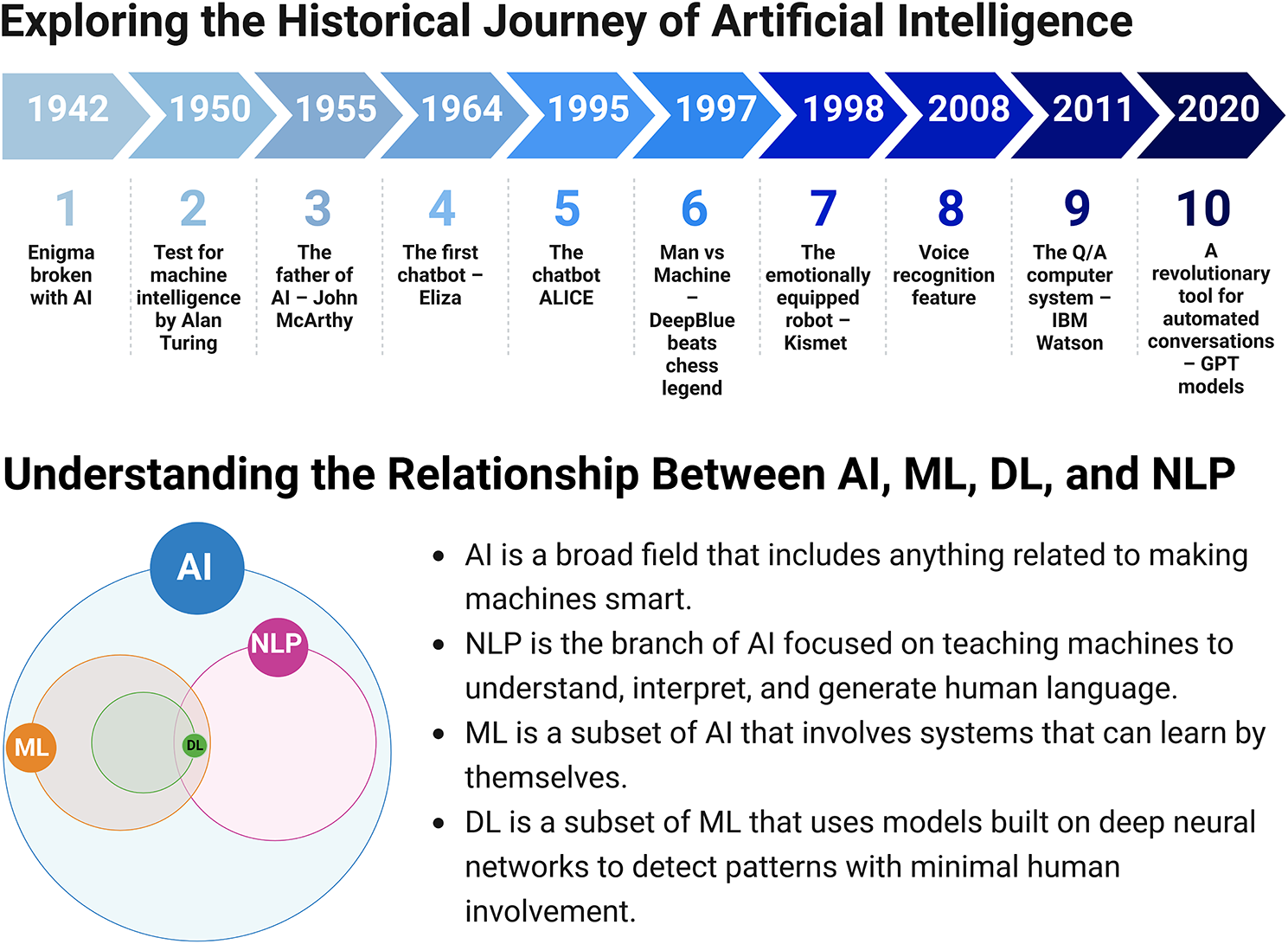Key Findings from Recent Study
A recent study from York University emphasizes the importance of specific learning strategies to enhance the effectiveness of AI models in hospitals. The research highlights the following points:
- The use of proactive, continual, and transfer learning strategies is crucial in addressing data shifts that can lead to patient harm.
- The study evaluated an early warning system designed to predict in-hospital patient mortality and improve patient triaging across seven large hospitals in the Greater Toronto Area.
- Data from GEMINI, Canada’s largest hospital data-sharing network, was utilized to analyze the impact of data shifts on various clinical factors.
Impact of Data Shifts
The research indicates that discrepancies between training data and real-world data can result in:
- Inaccurate diagnoses and harmful predictions.
- Significant shifts in demographics, hospital types, and admission sources.
- Increased risks when models trained on community hospital data are applied to academic hospitals.
Strategies for Mitigation
To counteract harmful data shifts, the researchers implemented:
- Transfer Learning: This allows models to apply knowledge gained from one domain to another related domain.
- Continual Learning: AI models are updated continuously using a stream of data, responding to drift-triggered alarms.
Conclusion and Future Directions
The study underscores the necessity for AI models in healthcare to accurately reflect patient variability and medical practices. It provides a pathway for ensuring the safety and efficacy of AI applications in clinical settings. The findings advocate for a proactive monitoring approach that can detect and mitigate harmful data shifts, ultimately leading to more reliable and equitable AI deployment in healthcare.
